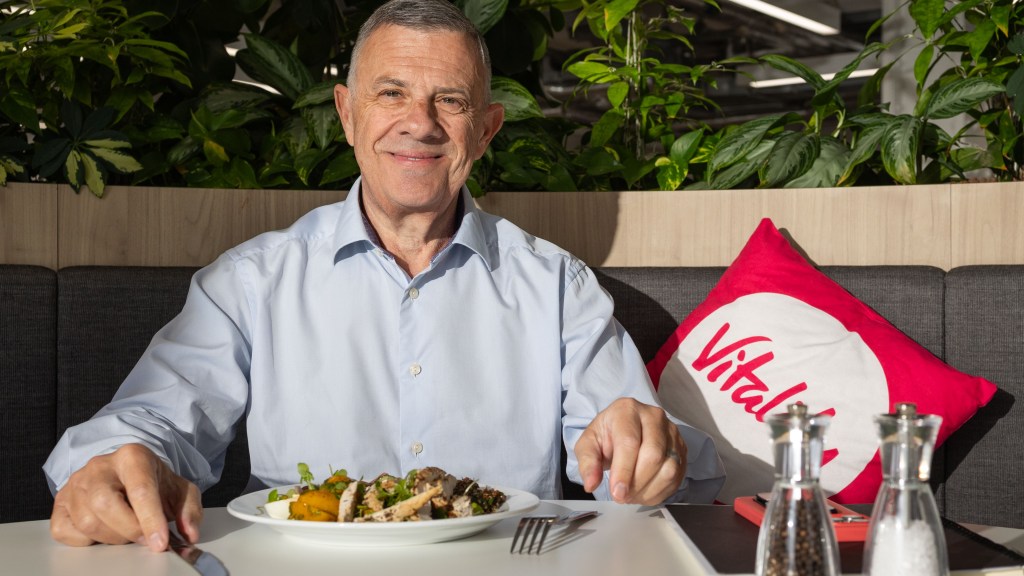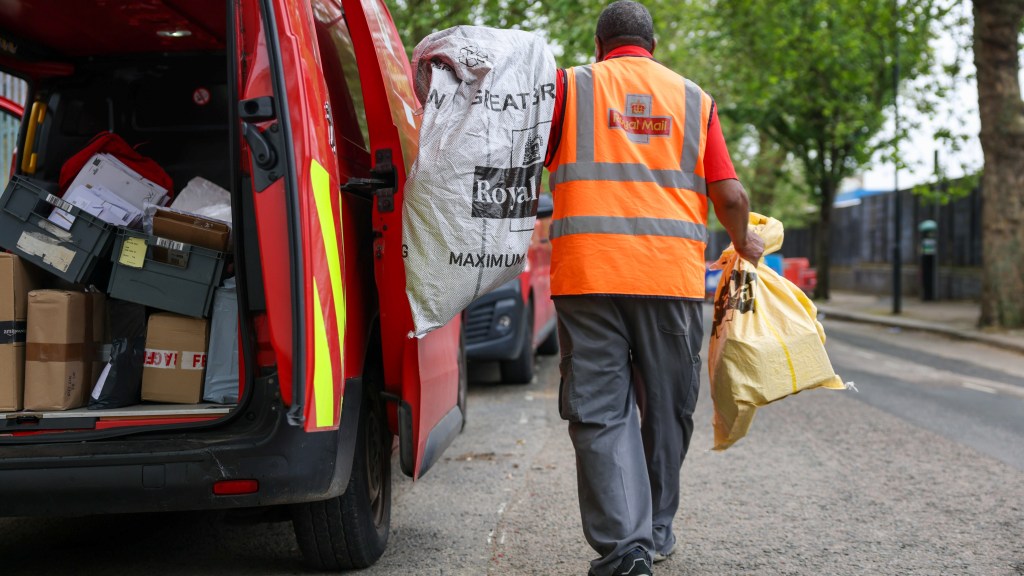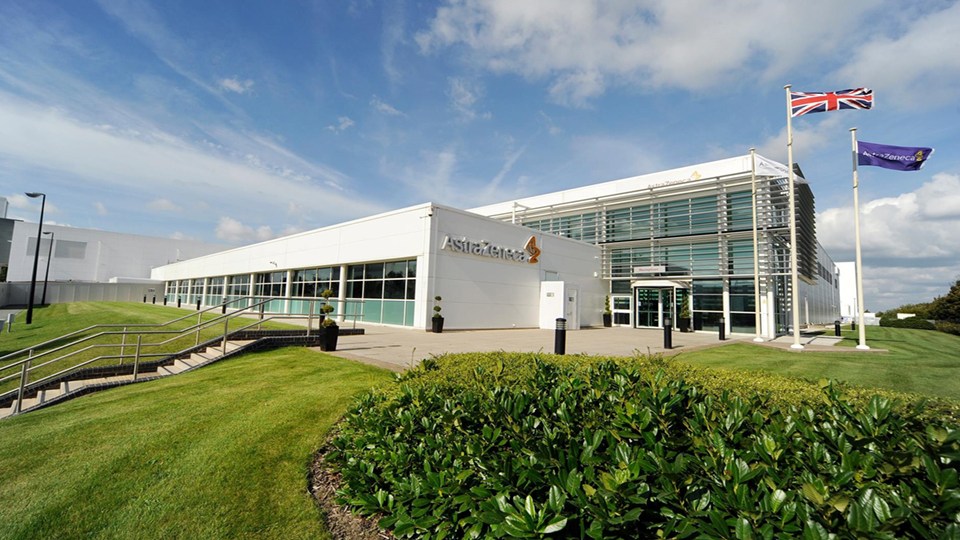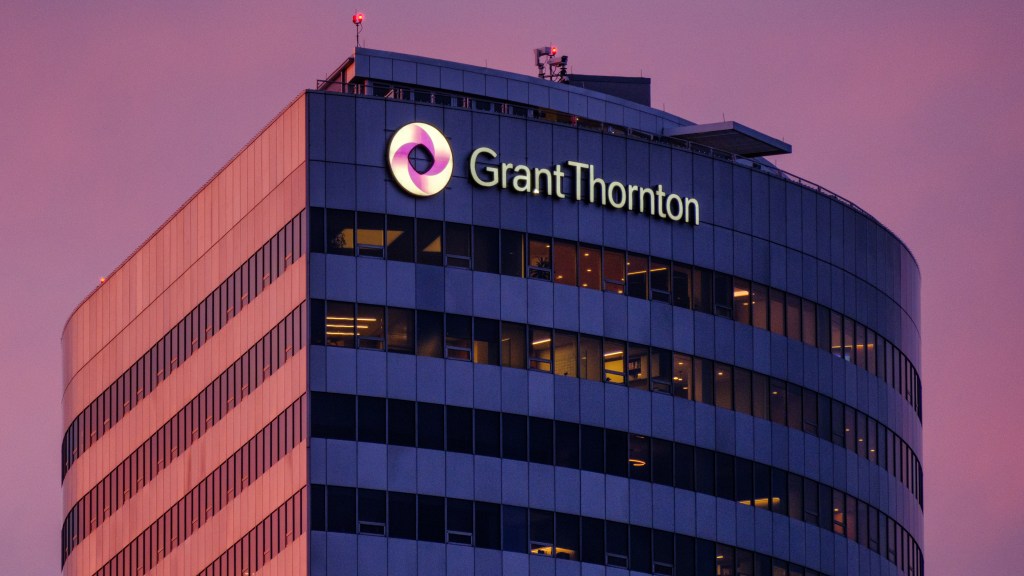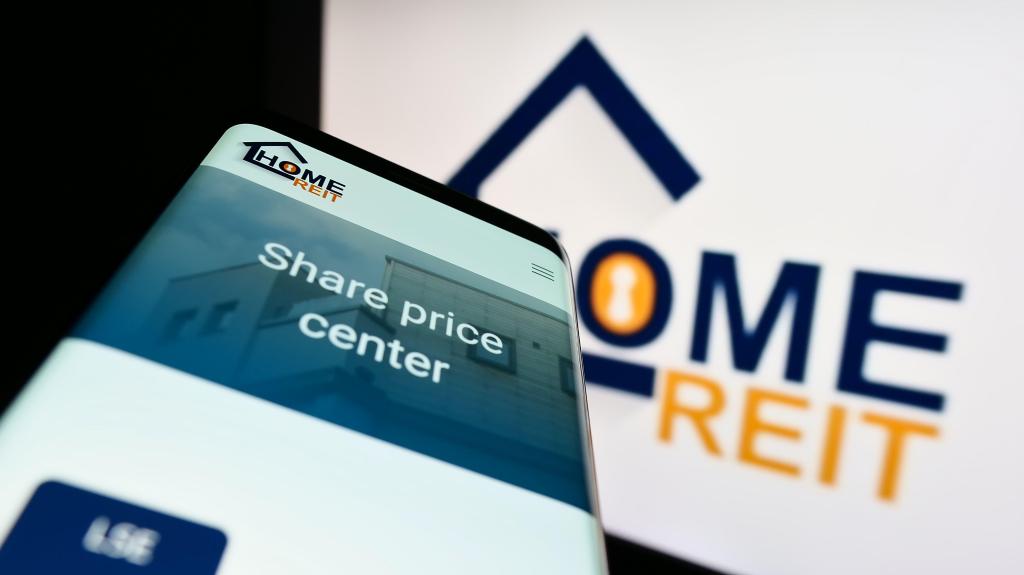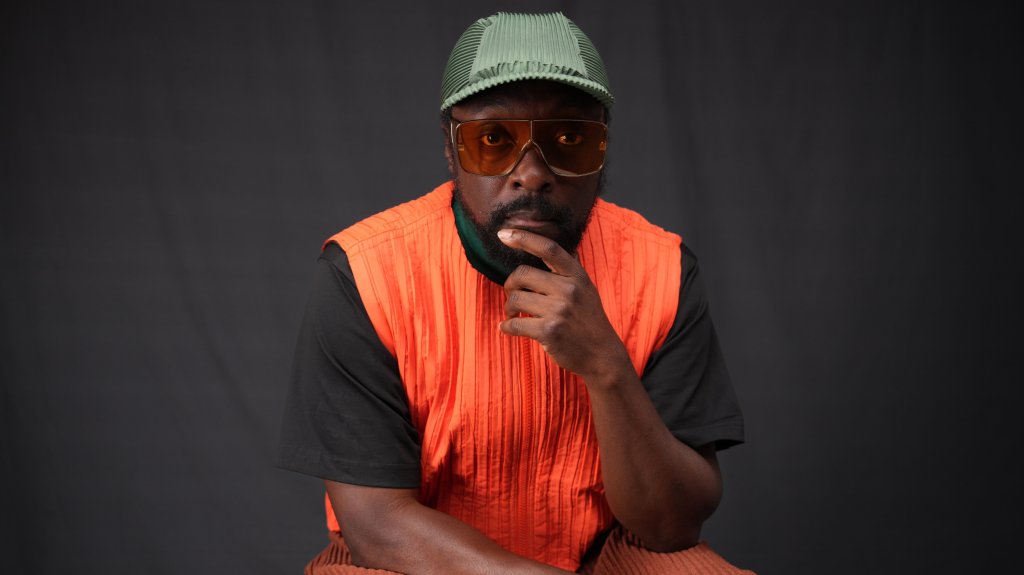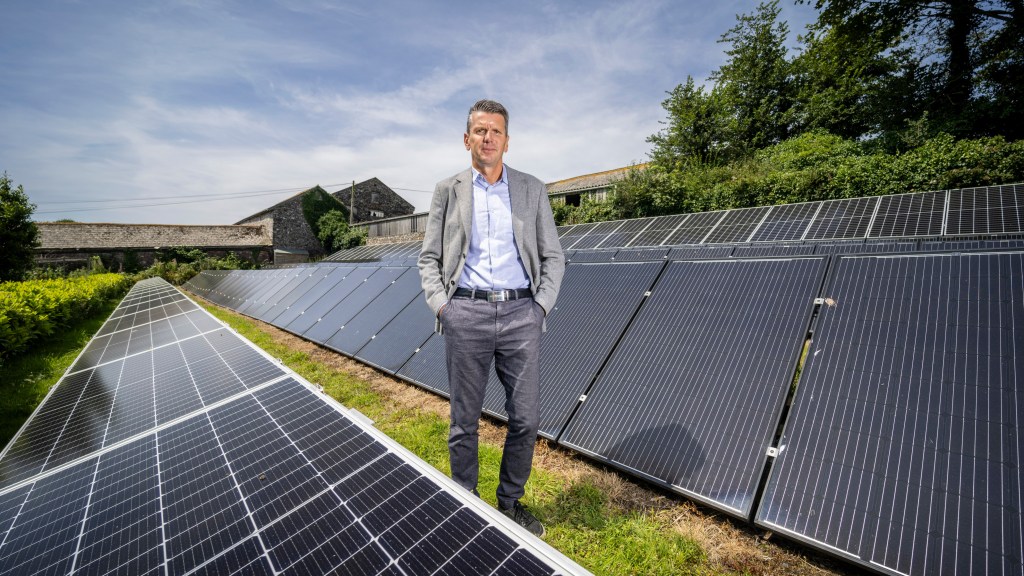Neville Koopowitz on Work-Life Balance and Promoting Healthy Lifestyles at Vitality
As a leading health and life insurer in Britain, Vitality takes nutrition seriously, even in their staff canteen.
Neville Koopowitz, the CEO of Vitality, often joins employees for meals on the fifth floor, which offers stunning views of the River Thames and London’s South Bank.
“We are very particular about our catering services because they align with our values,” says Koopowitz, a reserved and compact South African. On this day, his lunch menu includes chicken and yellow potato salad with dill and mustard vinaigrette, although he waits until after the meeting to eat. Their lunch consists of tap water.
Every dish on the menu displays its calorie content, noting that adults typically need around 2,000kcal daily.
Vitality relocated to their office near the Strand, next to a Virgin Active gym, last year amid a transition to a hybrid and hot-desking work model post-pandemic.
No one has a personal desk anymore, but to add a personal touch, the canteen walls feature photographs of employees with their families alongside those of Vitality’s ambassadors, such as former England rugby star Jonny Wilkinson sitting next to Stanley, Vitality’s mascot dachshund.
Vitality was introduced as a brand in the UK in 2015 after Discovery, its Johannesburg-based owner, acquired full control of a joint venture with Prudential formed in 2004.
The insurer promotes an insurance model based on “shared value,” incentivizing members to live healthier lives, benefiting individuals, the insurer, and society.
Koopowitz, 60, embodies this philosophy. “Do I have any vices? Occasionally, I enjoy having an ice lolly after dinner,” he admits.
Otherwise, he only occasionally drinks beer, avoids red meat, goes to the gym twice a week, and has a personal trainer near his Virginia Water home in Surrey. He tries to run 5km at least two to three times a week. Despite living near Wentworth, he does not have time to learn golf.
He once mentioned that he thinks about the business “24-7, looking at emails, joining conference calls. My wife would say it’s not a good balance.”
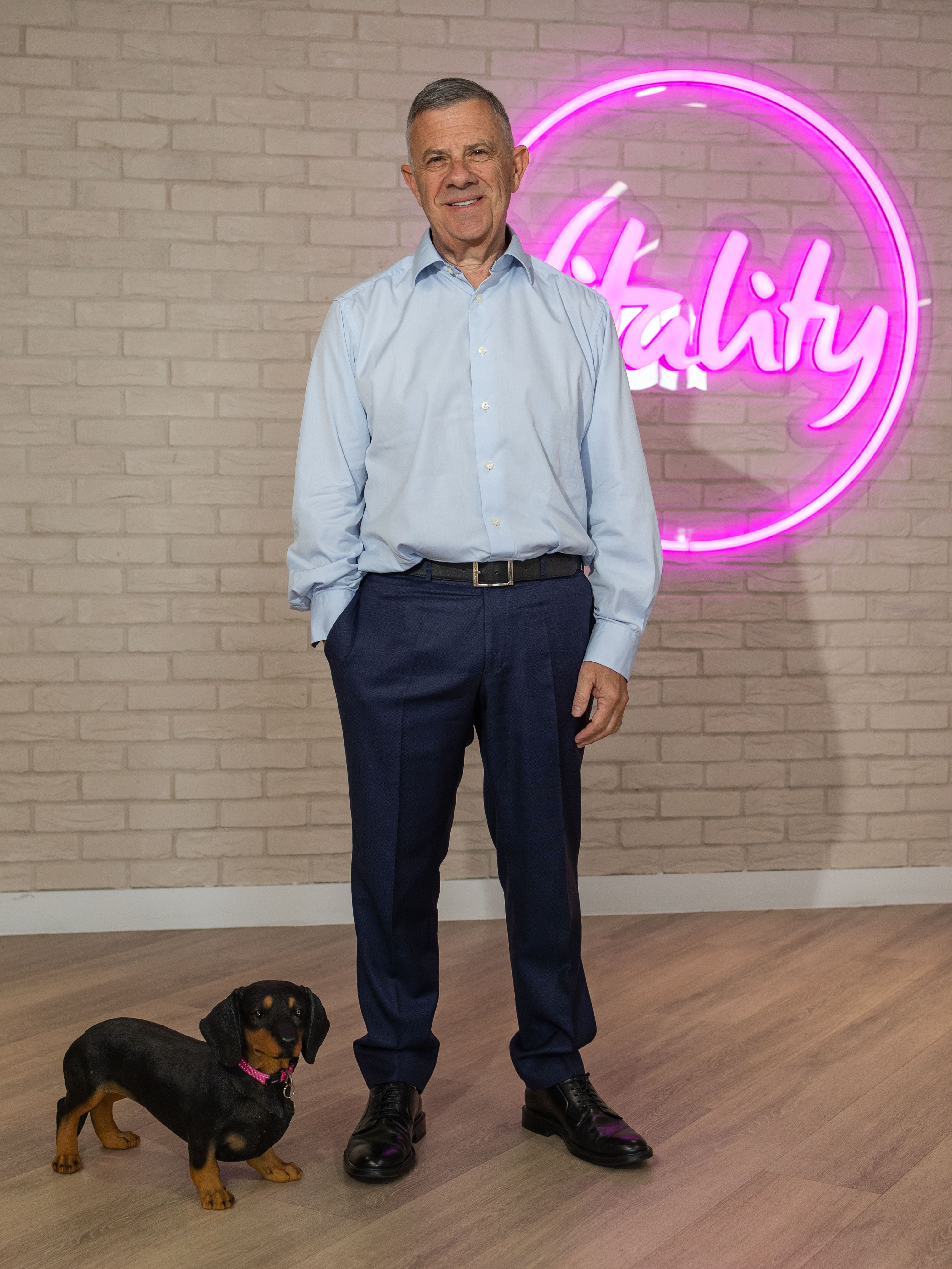
Koopowitz admits he’s “not the best example” of work-life balance but says his family is “very understanding.” “I don’t see it as just a job but as part of my life.”
He moved to the UK in 2010 to lead the expanded health business after Standard Life Healthcare was acquired by Pru Health. He grew up in South Africa’s Eastern Cape, the same province where Nelson Mandela was born.
Although he had a “very privileged” upbringing, Koopowitz says he was “extremely well protected” from the realities of apartheid.
After studying marketing at Rhodes University, he entered the insurance industry in Johannesburg, meeting Adrian Gore, the founder of Discovery, in 1996. He took on roles in marketing, sales, and distribution. A year later, the Vitality brand and its “behavioral change program” launched in South Africa on a hunch with no data to back it up.
“We realized that if we can encourage people to be healthier, it benefits them, us as insurers, and society as a whole,” he explains.
Almost 30 years later, Vitality boasts 60 million years of data, demonstrating the program’s “dramatic change.” Engagement levels have actually increased as the program has expanded.
For instance, the healthcare costs of Vitality’s highly engaged members are 28 per cent lower than those of less engaged members. In life insurance, engaged members’ mortality rates have improved by almost five years.
“Our goal isn’t to make Olympic athletes fitter,” says Koopowitz, “rather to encourage those who are sedentary to become more active.”
Vitality rewards customers for changing their behavior, offering incentives such as coffee at Caffè Nero, cinema tickets, and significant discounts on Apple Watches based on exercise levels.
“This incentive has excelled, with over 250,000 Apple Watches in circulation,” he notes.
Asked if their model incites criticism, Koopowitz says, “surprisingly, no. Since everything is done with consent, people are willing to share their data with us, especially through wearable technologies.”
He adds: “Our biggest critics are our competitors.”
Vitality believes its model can alleviate some of the UK’s biggest challenges, such as reducing NHS burdens and improving economic productivity through a healthier workforce.
Koopowitz dismisses the idea that private healthcare fosters inequality, promoting the NHS as the primary care provider in the UK and claiming it still boasts “the best facilities.” He notes the growing demand for private primary care services, particularly in GPs and mental well-being, as the NHS struggles to meet these needs.
Over three-quarters of health insurance in Britain is funded by employers, forming a significant part of Vitality’s customer base. “So, it’s not just those who can afford it out of pocket,” he emphasizes.
Vitality, in collaboration with The Times Health Commission, has urged business leaders to enhance their employees’ health initiatives to ease NHS pressures and boost productivity.
In February, the analysis suggested workplaces could save the NHS £1.2 billion annually by promoting employee health, reducing obesity, and managing chronic conditions.
Andy Haldane, former chief economist at the Bank of England, noted: “For the first time since the industrial revolution, health factors are significantly hindering UK economic growth.”
Approximately 12 per cent of the population now has private healthcare, according to Koopowitz. A growing segment of this market is driven by small and medium-sized employers.
Since the pandemic, Vitality has seen an increase in claims, leading to raised premiums. However, retention rates remain stable, bolstered by its corporate clientele. The company is trailing Bupa and Axa and is “neck and neck” with Aviva, depending on the measure used, with 1.8 million members across its health and life insurance sectors.
The pandemic disrupted the link between a robust economy and a booming private health insurance market, but Koopowitz believes this relationship will normalize.
In a recent restructuring, Discovery expanded Koopowitz’s role to drive synergies, potentially paving the way for a future stock market float.
Vitality continues to focus on sports marketing, including grassroots efforts like Parkrun and professional sports. Since 2014, it has had naming rights for AFC Bournemouth’s stadium. Vitality also supports cricket in England and Wales and sponsors The Hundred, whose final colleagues will attend at Lord’s on Sunday.
Vitality UK Canteen London
Chicken and yellow potato salad with dill and mustard vinaigrette — freeCreamy chicken, sundried tomato, spinach gnocchi — freeBottle of water — free
CV
Age: 60
Education: Rhodes University, Grahamstown, SA, Bachelor of Commerce, Marketing and Business
Career: 1987-1992: Old Mutual, South Africa, marketing; 1992-1996: Pride Consulting Group, managing director, employee benefits consulting; 1996-2005: Discovery Group, South Africa, group chief marketing and distribution officer and chief executive of Vitality South Africa; 2005-2010: Discovery Group, chief executive of Discovery Health; 2010: chief executive of Vitality, UK
Family: Married to Celestine, four children, four dachshunds
